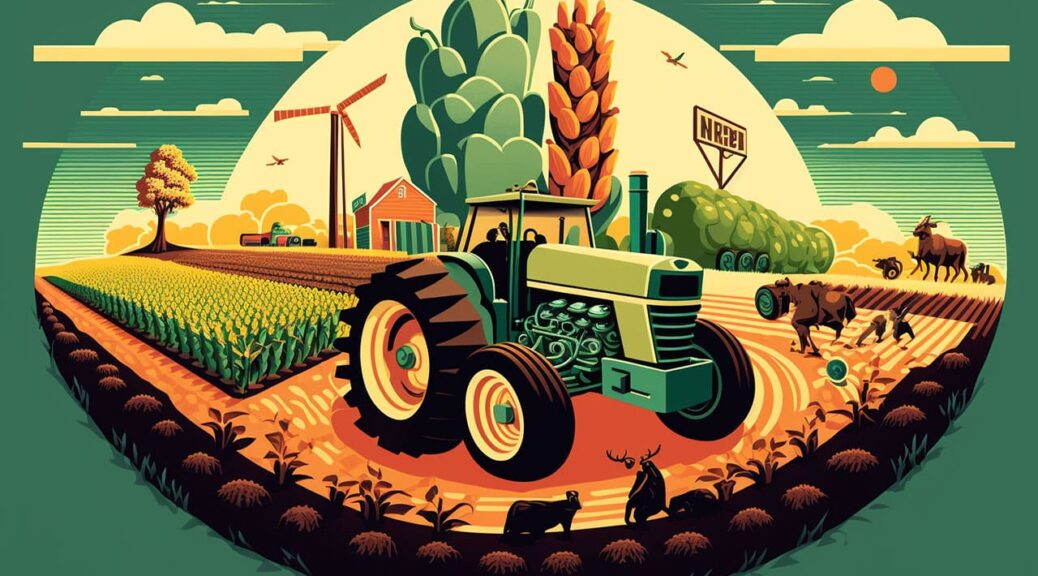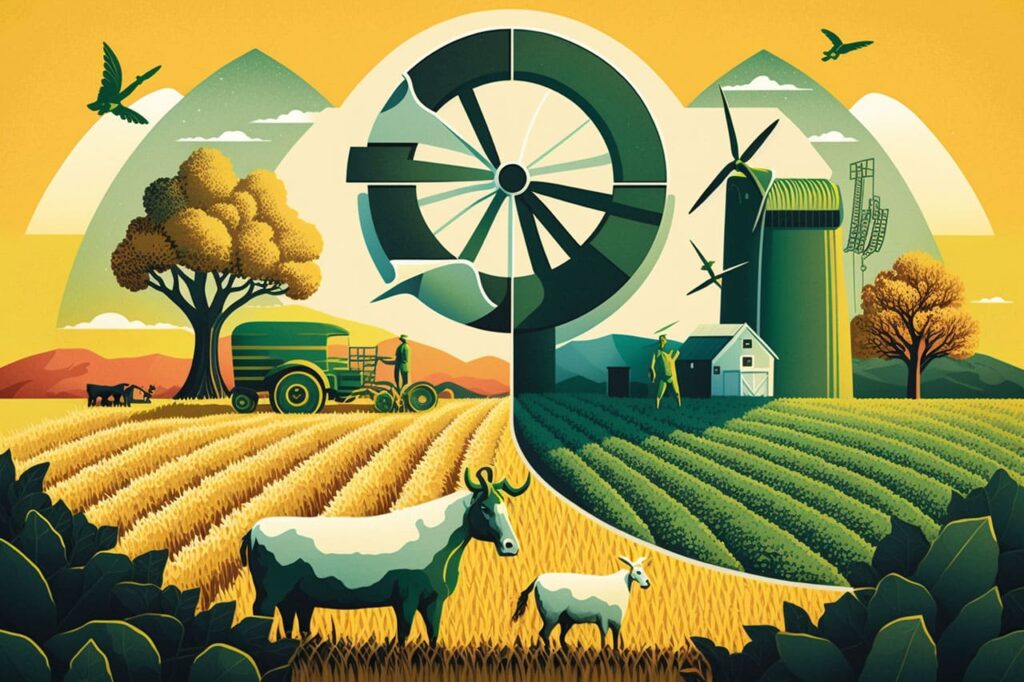Climate change is one of the greatest threats facing the world today, and the impact of climate change on oceans and marine ecosystems is of particular concern. Rising sea levels, increasing ocean temperatures, and ocean acidification are all affecting marine life in significant ways. In this article, we will explore the impact of climate change on oceans and marine ecosystems and discuss potential solutions.
Rising Sea Levels
One of the most visible impacts of climate change on oceans is the rising sea levels. As global temperatures continue to rise, the melting of glaciers and ice caps is causing sea levels to rise, which is threatening low-lying coastal areas and island nations.
Sea level rise is also affecting marine life in significant ways. Coral reefs, which provide essential habitat for many species, are particularly vulnerable to sea level rise. As the sea level rises, the reefs become more exposed, which can lead to coral bleaching and death. In addition, many species of sea turtles and seabirds are losing their nesting areas due to sea level rise.
Increasing Ocean Temperatures
Another major impact of climate change on oceans is the increasing ocean temperatures. As the atmosphere warms, the oceans are absorbing more heat, which is causing the water temperature to rise. This has significant impacts on marine life, including changes in the distribution and abundance of fish and other species.
For example, many species of fish are moving towards the poles as the water temperature in their habitats increases. This is having an impact on fisheries, as traditional fishing grounds become less productive. In addition, the warmer water temperatures are causing changes in the timing of breeding and migration for many species, which can disrupt the delicate balance of marine ecosystems.
Ocean Acidification
Ocean acidification is another impact of climate change on oceans and marine ecosystems. As the ocean absorbs more carbon dioxide from the atmosphere, it becomes more acidic, which can harm marine life. This is particularly true for shell-forming species, such as corals, oysters, and clams, which are vulnerable to the changing acidity levels.
Ocean acidification can also have a significant impact on the food web in marine ecosystems. As species at the bottom of the food chain are affected, this can have knock-on effects for larger predators, which can ultimately lead to a reduction in the overall health and productivity of marine ecosystems.
Solutions
To address the impact of climate change on oceans and marine ecosystems, it is essential to take action to reduce greenhouse gas emissions. This can be achieved through a combination of measures, including:
- Promoting the use of clean energy and reducing the use of fossil fuels
- Encouraging energy efficiency and conservation
- Increasing public awareness of the impacts of climate change on oceans and marine ecosystems
- Promoting sustainable fishing practices and reducing overfishing
- Establishing marine protected areas to safeguard vulnerable habitats and species
Conclusion
Climate change is having a significant impact on oceans and marine ecosystems, with rising sea levels, increasing ocean temperatures, and ocean acidification all affecting marine life in significant ways. To address these impacts, it is essential to take action to reduce greenhouse gas emissions and promote sustainable practices. By working together to protect oceans and marine ecosystems, we can ensure the health and well-being of these vital resources for generations to come.

